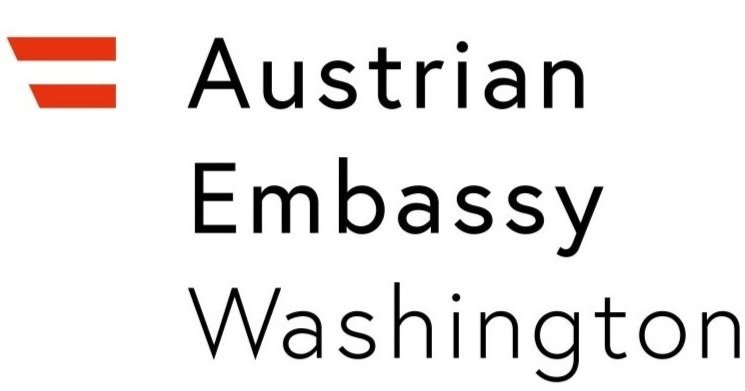Transatlantic Perspectives: Hannes Bernien
Hannes Bernien
.An Interview with Hannes Bernien
Why did you decide to go to the USA after your doctorate and how did you experience your time there?
After my PhD I wanted to switch my research direction a little and decided to move into the field of cold atoms. The Center for Ultracold Atoms (CUA) at Harvard and MIT is a great place for such research and I was very excited to have the opportunity to do my Postdoc there. I very much enjoyed my time there, since the CUA attracts brilliant people from all over the world and it offers a very collaborative atmosphere to work together on cutting edge science. After my postdoc then, I started my own group as an assistant professor at the University of Chicago. I really value that in the US assistant professors are given the chance to be independent right from the start. So, building up my group there was a very good experience as it started from empty lab space and developed into a very productive group with researchers from all over the world.
What was it like working with your American and international colleagues?
I very much enjoy working with people from different cultures. Even the US is such a large and diverse place, that people can come with very different backgrounds. It is exciting to have such a diverse group then focus on the same research topic. In that sense, science brings us together and doing science with excellent people with different perspectives is an exciting adventure.
You decided to return to Europe and settle in Innsbruck, Austria. Why? What was the deciding factor in this decision?
Innsbruck is a world-leading place in quantum science. Therefore, it was always on my radar. In fact, there were only three places in Europe that I thought would be attractive for me for coming back to Europe and Innsbruck was on top of that list. It is very special to have a place with decades of cutting-edge quantum science to show for. Many milestone results have come from Innsbruck, and it has shaped the direction of quantum science since the very beginning. Now being here, I can see why. Innsbruck is not just a place with excellent research groups in quantum science, but it is a great community that likes to collaborate with each other and exchange ideas. On top of that, the support by the mechanical workshops, electronic workshops and administration is outstanding.
Why Innsbruck of all places?
I guess I answered that above.
In your opinion, what are the strengths and weaknesses of quantum research in the USA and Austria? Can they complement each other or learn from each other?
In my opinion, research in the US can be very fast paced. Researchers are quite fearless to jump into a new direction even if the outcome is more than uncertain. This way a lot of innovation happens. I think one enabling factor for this agility is the research funding structure in the US that allows for quite some flexibility.
I have not been in Austria long enough to really access how things are different here. It seems to me that research plans are very thoroughly thought through and then executed with much support. This is really great for building a successful research program that lasts.
What would you like to see in terms of transatlantic cooperation?
I strongly believe that great science happens when people freely collaborate and exchange ideas. Borders and politics can get in the way of that, and quantum science has at times become somewhat political. So, I would like to see that the open exchange of ideas and researchers between the US and Europe continues as this will push quantum science forward.
Hannes Bernien Bio
Hannes Bernien is a Professor at the University of Innsbruck and a Director of the Institute for Quantum Optics and Quantum Information. His work focuses on finding answers to questions such as how to fully scale controlled quantum systems from the current few-particle level to many particles, how to study the effects of increased complexity in these systems, and how to utilize these phenomena for quantum technology such as quantum computing and quantum networking. His lab combines techniques from quantum control and quantum optics with ultracold atoms and nanotechnology to develop new ways of engineering large, complex quantum systems and studying the phenomena that arise in such systems. Before moving to Austria at the beginning of 2025, he spent 10 years in the U.S., first as a Postdoctoral Fellow at Harvard University and from 2019 as an Assistant Professor at the University of Chicago.
Among Bernien’s awards are the Gordon Memorial Speakership 2024, the Klung Wilhelmy Science Award (2023), the New Horizon in Physics Prize by the Breakthrough Foundation (2022), an NSF Career Award (2024), a Sloan Research Fellowship (2021), and the International Quantum Technology Young Scientist Award by IOP.

